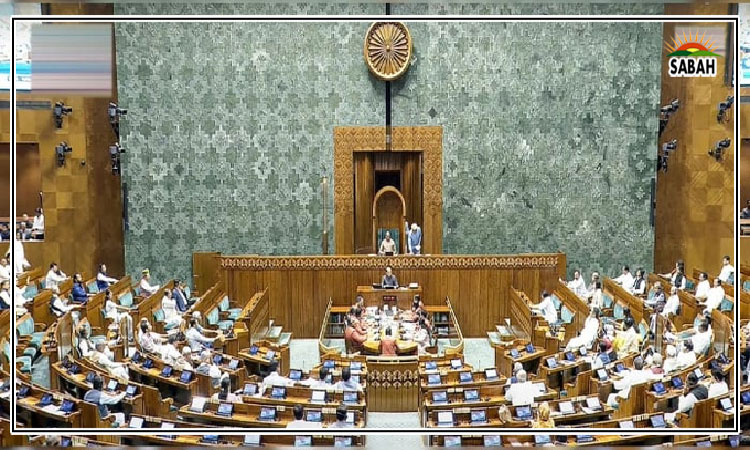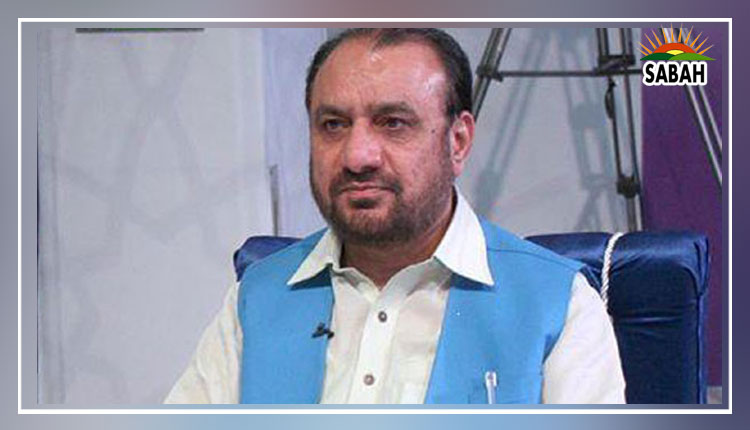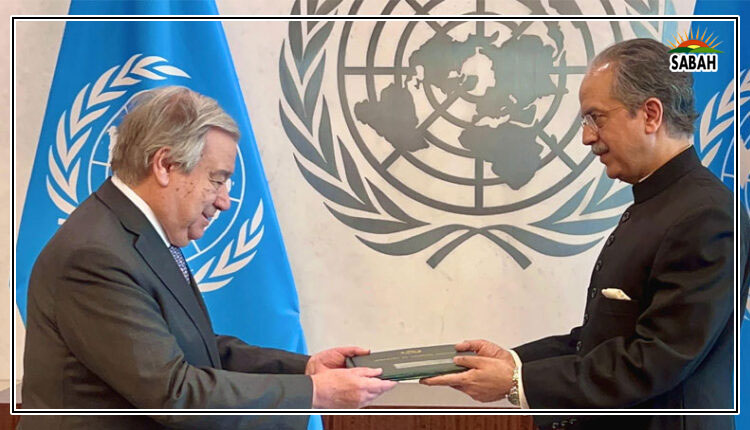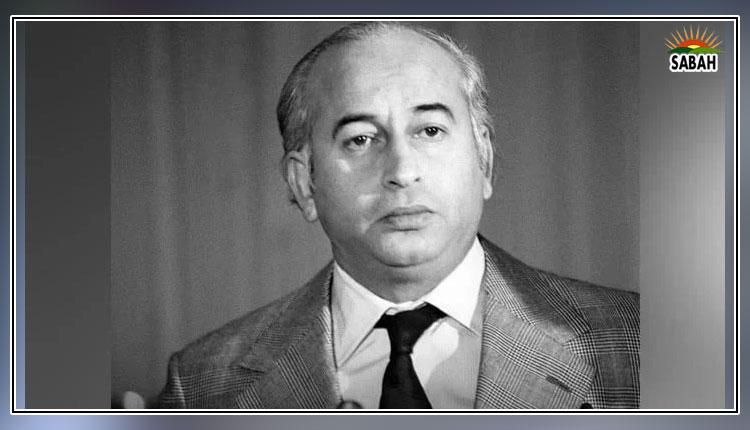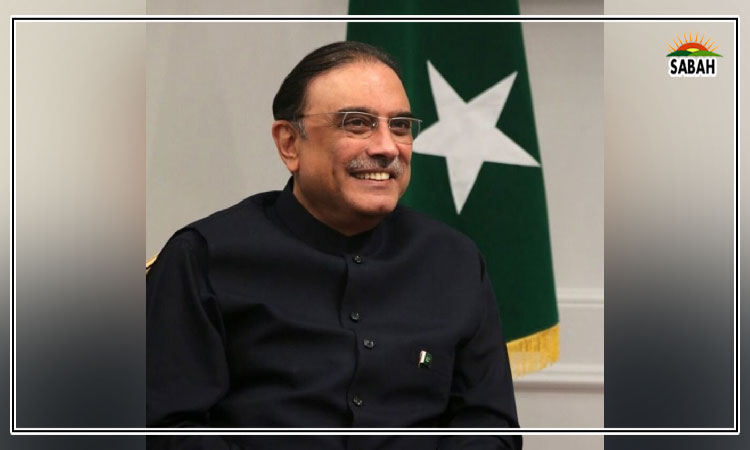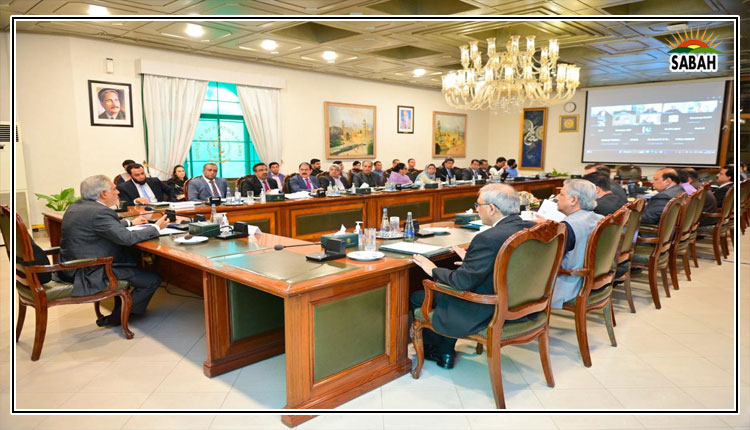Myth, fact and magic realism….By Kamila Hyat
It has become increasingly hard to write about Pakistan and what has become of our society, our politics and our state. To do so will require the skills of the legendary journalist Ryszard Kapuscinski from Poland, who combined the skills of magic realism with more hardline reporting to describe events in various countries, including Ethiopia in his superb The Emperor’ to describe the reign of Haile Selassie as well as the fall of the Emperor of Iran in his Shah of Shahs and other events from around the world, including the collapse of the Soviet Union in his masterpiece Imperium.
It is true that Pakistan does not face a revolutionary situation, as was the case in all these countries and the many others Kapuscinski wrote about. He claimed that in all he had witnessed at least 27 revolutions. Sadly, we do not see a revolution taking place that would quickly change the nature of the place that we live in. But certainly, we see many facts and events that seem to suggest we are falling into a state of anarchy and a situation that so often leads to upheaval.
Lets look at a few scattered examples. We have a prime minister who claims there is no inflation while people struggle to buy sugar which once again has climbed to around Rs90 per kg in Lahore, and more in other places. The figures show that Pakistans Consumer Price Index indicates the food prices are the highest in the region and there are other statistics that verify this. Yet the government insists that inflation in neighbouring countries is much higher. This is simply not accurate, even for India, which has been recovering from its terrible bout with the Covid-19 virus all through 2020.
There are other examples from other walks of life of the kind of madness we live in constantly. A senior police officer had blamed the motorway rape survivor for having been out at night alone with her children. Only a warped society can think in this fashion. The situation that arose in Murree after snowfall, with cars trapped and people dying apparently due to carbon monoxide poisoning, simply shows how far we have collapsed as a state able to protect its citizens. The same is true in other walks of life with terrorism now once again taking a toll and a bomb blast in the heart of the Lahores crowded Anarkali bazaar killing and injuring people, done apparently by a little known Baloch organisation, which has emerged as a result of the merger of two such groups.
There are many other acts which defy good sense. We have police encounters in which the police apparently shoot people at will. We have a rising rate of street crime in Karachi, where robbers and dacoits do not hesitate to shoot people simply to grab a mobile phone. We have had other episodes where members of the government and their supporters have poured out vitriol over Twitter and other social media apps about political opponents and media persons who they have decided they do not like and who may have criticised them in one way or the other.
At the same time, we claim that we are moving towards becoming like the State of Medina when we are actually miles and miles away from that goal. There is simply hypocrisy and a total decline in law and order everywhere as well as the condition of financial ruin which should never have occurred in a country that has plenty of resources to grow its own food and to export materials of all kinds including textile, leather and sporting goods. Yet the fact that Bangladesh has now overtaken us, as an exporter of textiles, is disturbing. We can only call this a result of extremely poor policies over many years, combined with a simple lack of good sense.
Presiding over all this, we have people who seem to consider themselves demigods or emperors of one kind or the other. There are suggestions that we move towards a presidential system, which would allow more power to accumulate in the hands of a single person. On one television programme, a host suggested that the prime minister had discovered three ways in which to move to the presidential system. He did not explain what these three methods were or what the prime minister had worked out in this regard. There is of course, no reality behind these words, and no indication that the prime minister or anyone else has any real plan to alter our parliamentary form of government.
In other words, we are a nation falling apart. Our schools, notably those in the public sector, are already in ruin, and few educationists believe that the Single National Curriculum introduced by the government will alter this in any way.
Hospitals too are in a similar state while the health card scheme introduced by the government has drawn its own controversy, with some asking if it is fair to allow the rich, who often fly overseas for even relatively minor surgery, to receive the same benefits as the very poor at hospitals or whether it is the poor who need to be subsidised at a higher level. In other areas, we see even greater chaos. Pakistans national game is, at least on paper, hockey. Yet the Pakistan Hockey Federation pays the few players on its central contract a maximum sum of Rs50,000 per month, while most receive 25,000 to 30,000 rupees. Most of us who live in the country know this is not enough to sustain a livelihood or support a family.
The question to be asked is: where do we go from here? There are many events that Kapuscinski could have described with his amazing range of literary writing and his ability to describe facts which portray pictures of deeds by rulers who know little else, as well as the ordinary people around them. We have a situation where we are still not certain about how science should be taught, or whether we should view the moon by climbing aboard tall buildings and gazing out through telescopes or through a scientific calendar. There is much that is wrong with the state of Pakistan. The question now is if it can be corrected, or whether we will fall into a state of greater and greater chaos and anarchy.
Courtesy The News


